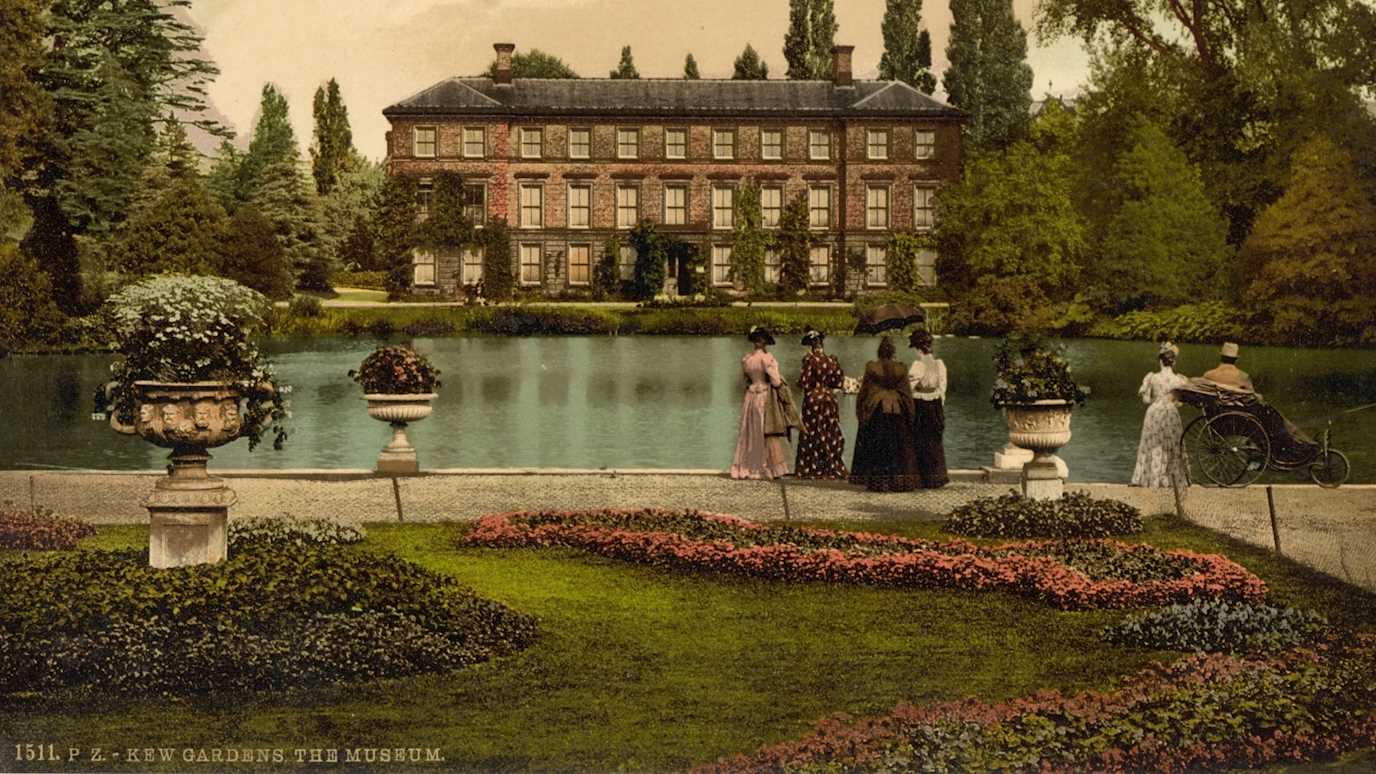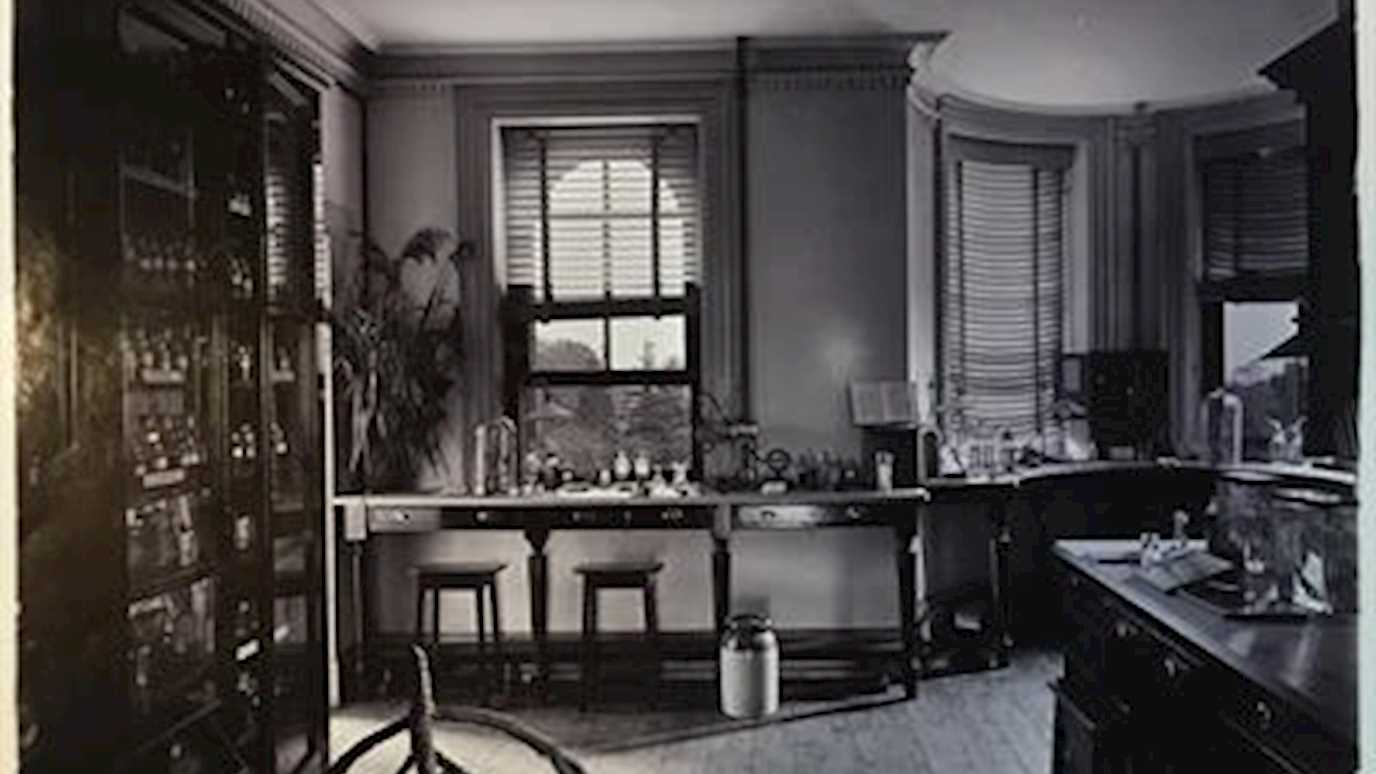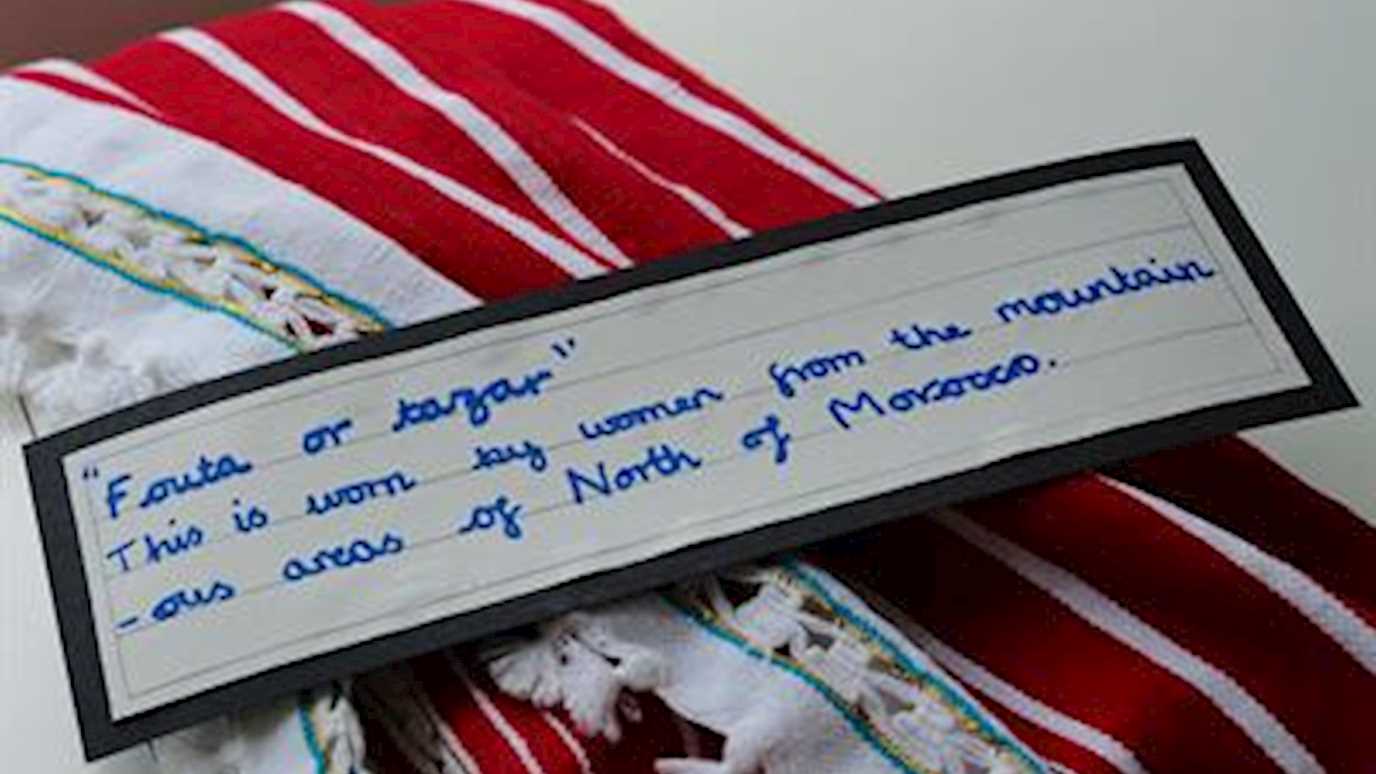Posted on 27/02/2019 by Caroline Cornish
Monday 25th February dawned at Kew Gardens with blue skies and sunshine which seemed to all on the Mobile Museum project an auspicious start to the day’s big event―a workshop for 24 staff from Wilberforce Primary School.
For the learning strand of the Mobile Museum project, undertaken in collaboration with Helen Gill and colleagues in the Schools Learning Department at Kew, we are working with two London primary schools―Wilberforce in West Kilburn and St Monica’s in Hoxton―to enable them to create their own school museums. So, on Monday, Wilberforce teachers spent their INSET day at Kew with the Mobile Museum team, learning about museum practices and starting to map out approaches to creating a classroom museum.
Staff gathered in the Learning Department, housed in what was originally Kew’s Museum No. 1, with idyllic views over the Palm House and pond. Education officers Hanouf Al-Alawi and Paul Henderson kicked off the day with sessions on the importance of plants and learning from objects. A practical exercise was organised around the DRS model (Describe, Reflect, Speculate), which enables teachers and pupils alike to engage directly with objects―regardless of any prior subject knowledge―and learn from them. Since the emphasis of the day was on teacher participation, participants then tested the DRS model amongst themselves.
After their tea break, teachers came over to the Banks Building for tours of the Economic Botany Collection by Mark Nesbitt and Caroline Cornish, our aims being to increase their understanding of economic botany itself, to highlight the diversity of the collection, and to flag potential ways of using similar objects in the classroom. Assistant curator Julia Adamson and project officer Harriet Gendall also shared their knowledge of object handling and packing.
In the afternoon we were back at Museum No. 1 with a session delivered by Mobile Museum researchers Laura Newman and Caroline Cornish: Top tips for curating a school museum. Through a series of interactive exercises, participants learned about with the practices of sorting, arranging and labelling objects. They were set the task of writing their own labels for a given object. My favourite―for a plantain―had the heading: ‘This is not a banana’!
The schools will be opening their museums on 1st and 2nd July: watch this space! In the meantime there will be further training for pupils and teachers, both at Kew and in the schools. We are delighted that our first encounter with the staff at Wilberforce got off to a great start. And of course, we, the project team, learnt as much as the participants – and isn’t that what research projects are all about?

























